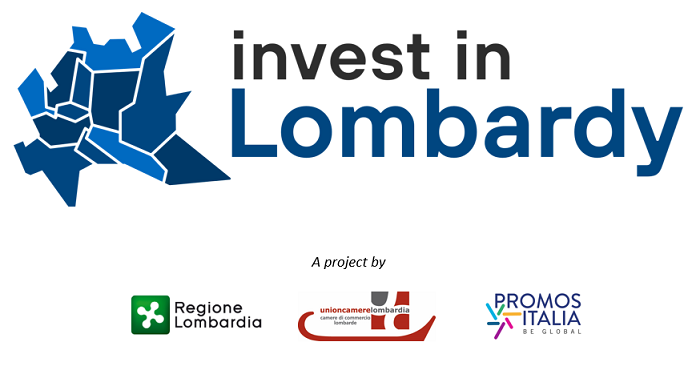During the Invest in Lombardy Days, Italy was defined as “the land of knowledge”.
Considered one of the four “Engines of Europe”, Lombardy leads the way in innovation and R&D. This is a nice definition, but the attention comes immediately then to the consequence: knowledge, research, R&D aim to produce intellectual property, which can produce income to be taxed.
Italy has finally a new regime of taxation related to revenue streams connected to Intellectual property (IP).
It is called “patent box” regime and was introduced by the finance law 2015, intended to support the development of intellectual property (IP) in Italy. Incomes (i.e. licensing or direct exploitation) derived by certain intangible are partially exempted from corporate income tax (IRES) and local tax on productive activities (IRAP). For 2015, an exemption equal to 30% of income as defined above is available, with the percentage increasing to 40% in 2016 and 50% as from 2017.
Despite some commentators criticizing several items to be further defined in the Patent Box and aligned with recommendations from OECD, first reactions from the business community were good, stressing the fact that this policy will help companies to create added value in the global market and will make Lombardy more attractive for foreign investors. Marco Mobili and Giovanni Parente, Italy24, the English version of the main Italian business newspaper Sole 24 ore, highlighted that Patent Box “means lighter tax burdens for patents and trademarks”.
An amendment to so-called Stability Law improved the potential performance and the interest in the patent Box, as it gave the opportunity to combine assets like “know-how” and software and come up with a single, reduced tax rate.
The Patent Box is particularly important for Lombardy, where one third of patents of the whole EU are originated and Milan ranks seventh in Europe for patents. Investors look at this territory as a “land of knowledge”, but are comparing it to other opportunities considering, of course, the fiscal treatment of the knowledge-related income in term of taxes.


